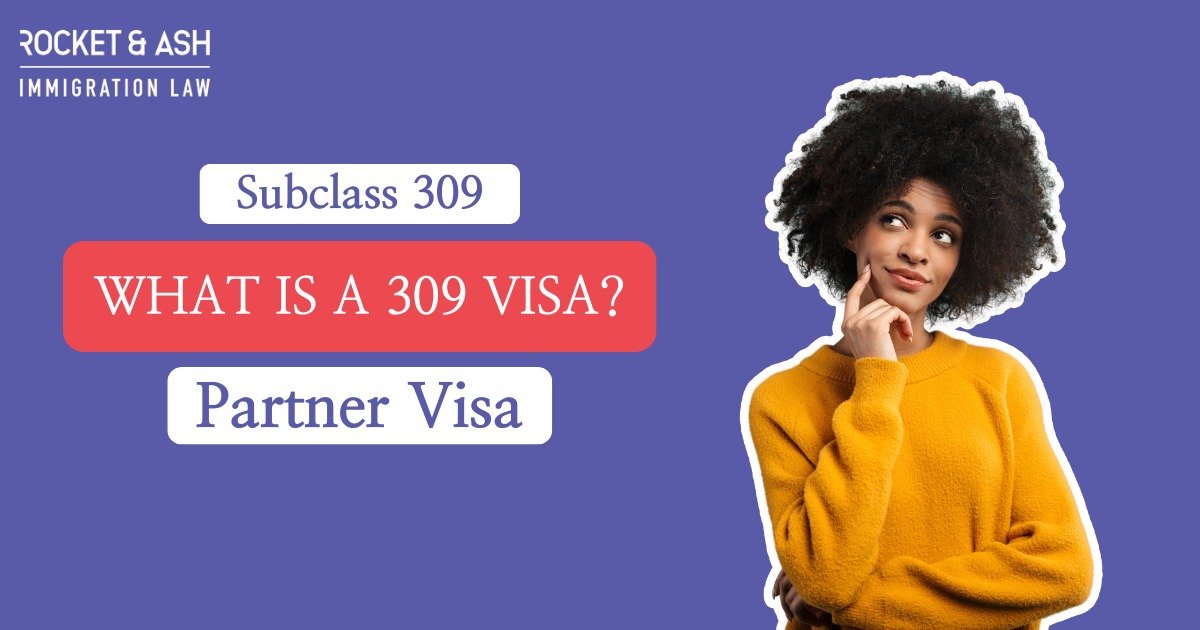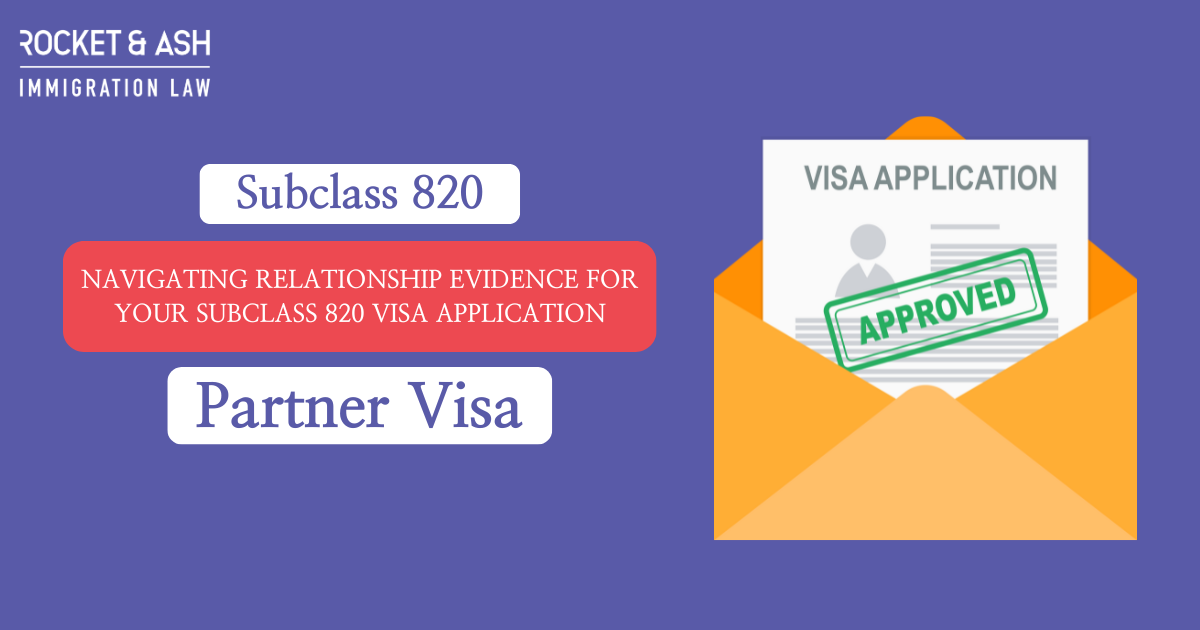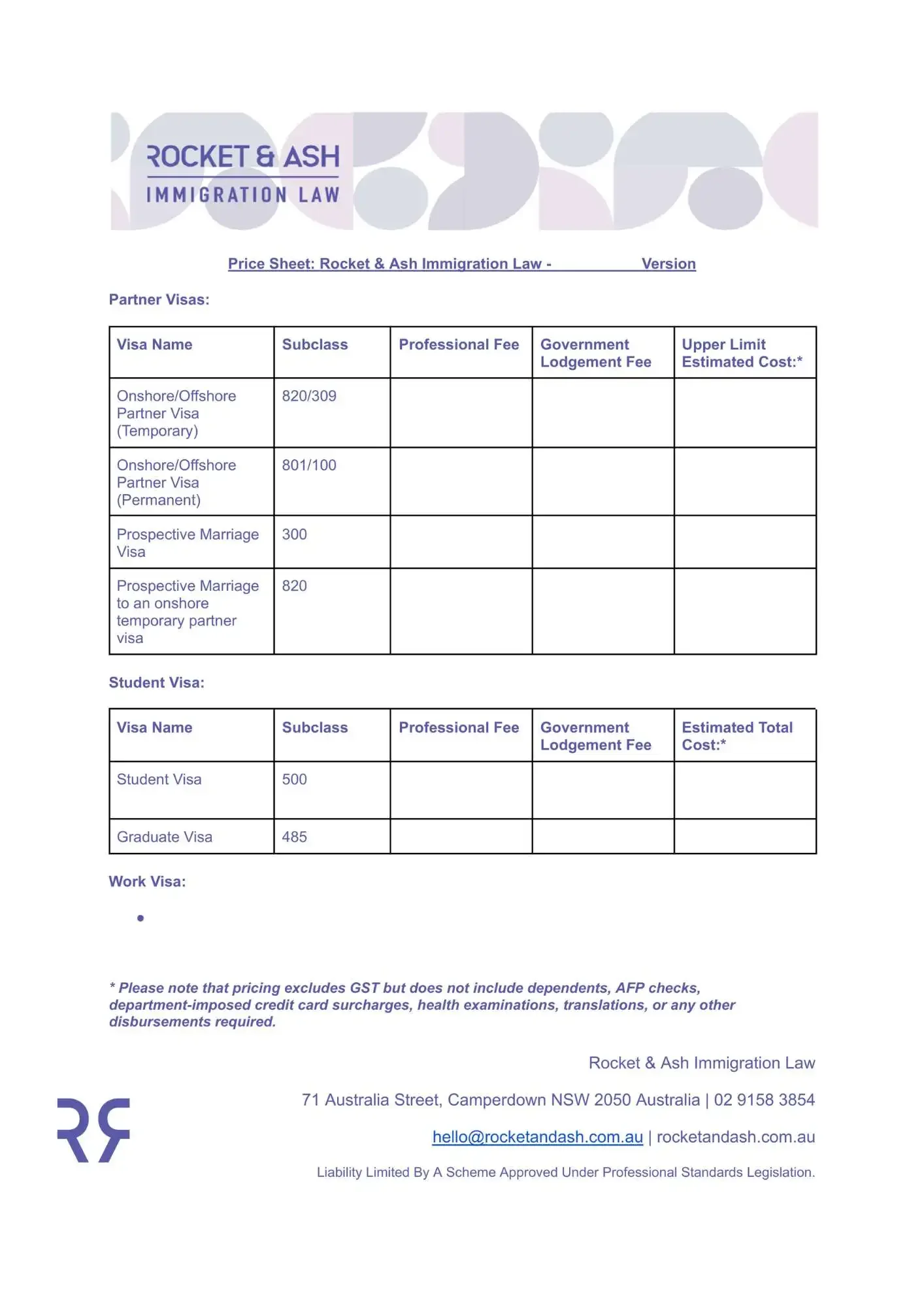Sponsoring an employee for a Temporary Skill Shortage visa, also known as the subclass 482 visa, enables Australian employers to address labour shortages by hiring skilled workers from overseas.
This visa allows the sponsored individual to live and work in Australia for their employer in a specific occupation for which there is a recognised shortage of Australian workers. Employers must become approved sponsors, and the visa applicants must meet specific criteria, including having the necessary skills for the nominated position.
The subclass 482 visa arrangement comprises three streams: the Short-Term stream, the Medium-Term stream, and the Labour Agreement stream, catering to various skill levels and employment durations.
Eligibility Criteria for Sponsoring Employers
Sponsoring a worker under the subclass 482 visa requires employers to meet stringent eligibility requirements—from becoming an approved sponsor to fulfilling financial obligations, each critical in the application process.
Step 1:
Becoming an Approved Sponsor
Employers seeking to sponsor a worker for a subclass 482 visa must first become an approved sponsor. This involves providing an Australian Business Number (ABN) and demonstrating a lawful and active business operation. Applicants must apply for a Standard Business Sponsorship (SBS), which, once granted, will allow them to nominate overseas workers.
You will need to submit company financials as part of this process.
Step 2:
Labour Market Testing Requirements
Before sponsoring an employee, sponsors must undertake Labour Market Testing (LMT). This involves advertising the nominated position within Australia to demonstrate that no suitably qualified and experienced Australian citizen, permanent resident, or eligible temporary visa holder is available to fill the position. Evidence of LMT must be provided at the time of nominating a candidate.
Genuine Position Criteria
Sponsoring employers must prove a genuine need for an overseas worker to fill the nominated position. The position should align with the employer's business activities and clearly fulfil a genuine skill shortage within the company. The role must be created more than just to secure a visa for a prospective employee.
Financial Obligations
Employers are responsible for various financial obligations, including the payment of the Skilling Australians Fund (SAF) levy, which contributes to training Australian workers. The costs associated with becoming a sponsor, as well as the subsequent sponsorship and nomination charges, should also be accounted for by the business. Note that the costs cannot be transferred to the sponsored employee.
Step 3:
Nomination Application by the Employer
To initiate the sponsorship for a subclass 482 visa, the employer must first lodge a nomination application. They must demonstrate that the nominated occupation is genuine and that there is a need for an overseas worker to fill a position within their business. This application assesses factors such as the business's legitimacy, the nature of the job, and the market salary rate for the position.
Step 4:
Employee Visa Application
Employees can apply for the subclass 482 visa upon a successful nomination. They must prove they have the skills and qualifications for the nominated occupation. English language proficiency is a requirement, except for certain exempt positions. The visa application requires details of the employment contract and evidence of health insurance.
Required Documentation for Application
The employee must compile and submit the following documents:
- Passport: A valid passport that remains valid for their stay.
- Skill and Qualification Proof: Includes certificates, degrees, and professional references relevant to the nominated occupation.
- English Language Results: If applicable, results from a recognised English language proficiency test.
- Health Insurance: Evidence of adequate health coverage while in Australia.
- Employment Contract: An outline of terms of employment, including the role, salary, and conditions.
Each document affirms the employee's capability and readiness for sponsorship under the subclass 482 visa program. The process must be followed meticulously to secure the status of a visa holder wishing to undertake employment in Australia.
Step 5:
Ensure obligations are met:
Both employers and employees have specific rights and obligations when sponsoring an employee on a subclass 482 visa, also known as the Temporary Skill Shortage (TSS) visa. This is crucial for complying with the Department of Home Affairs regulations and ensuring a seamless transition for the sponsored employee.
Employer Obligations
Sponsoring employers are required to meet several obligations under the TSS visa program. First and foremost, they must become approved sponsors, which involves demonstrating lawful operation within Australia and a commitment to non-discriminatory recruitment practices. Once approved, sponsors must:
- Cooperate with inspectors to ensure ongoing compliance with visa conditions and labour agreements.
- Provide equivalent terms and conditions of employment that match Australian workers in similar roles, safeguarding against exploitation.
- Cover travel costs to enable sponsored persons to leave Australia if they become an unlawful non-citizen.
- If needed, facilitate a change of employers for the sponsored employee without penalising the employee.
Failure to meet these obligations can lead to sanctions imposed by the Department of Home Affairs.
Employee Rights and Conditions
On the other hand, sponsored employees on the subclass 482 TSS visa have the right to work in Australia and are entitled to:
- A safe work environment and fair work conditions that meet the National Employment Standards.
- Pursue additional work experience in their nominated occupation, provided it doesn't conflict with the terms of their visa conditions.
Employees may also switch employers within the scope of the visa. However, they must ensure that the new employer is an approved sponsor and that this change does not breach their visa conditions. Discriminatory practices and exploitation are unlawful, and employees have the right to report such instances to the authorities.
Frequently Asked Questions
These frequently asked questions provide employers with specific information on sponsoring overseas employees under the subclass 482 visa.
What are the eligibility requirements for employers to sponsor an individual under the subclass 482 visa?
Employers in Australia must show they need help finding a suitable Australian worker to fill the role. They must also meet the training requirements, hold a valid Australian Business Number, and prove they can provide the necessary training to the sponsored employee.
Which occupations are eligible for subclass 482 visa sponsorship?
The subclass 482 visa is designed for specific occupations that address Australia's labour shortages. A comprehensive list of eligible occupations is available online and should be checked to ensure the position is eligible for sponsorship.
What are the steps for an Australian business to obtain standard business sponsorship?
A company must become an approved sponsor by demonstrating lawful operation, having no adverse information, and being committed to employing local labour.
How does an employer apply for a subclass 482 sponsorship visa in Australia?
An employer must follow a three-step process: become an approved sponsor, nominate the occupation, and then apply for the employee's visa.
What is the typical processing time for a standard business sponsorship application?
The processing time for a standard business sponsorship application varies depending on the documentation and circumstances of the business. Employers must provide all necessary documents accurately.
Can family members be included in the subclass 482 visa application, and how?
Family members can be included in the subclass 482 visa application, allowing them to live and study in Australia.
The family unit must provide identity documents, evidence of their relationship, and meet health and character requirements.
Written by Ines Jusufspahic, LPN: 5511366
This article does not constitute legal advice or create an attorney-client relationship. For up-to-date information, please consult an immigration professional.
.png)


